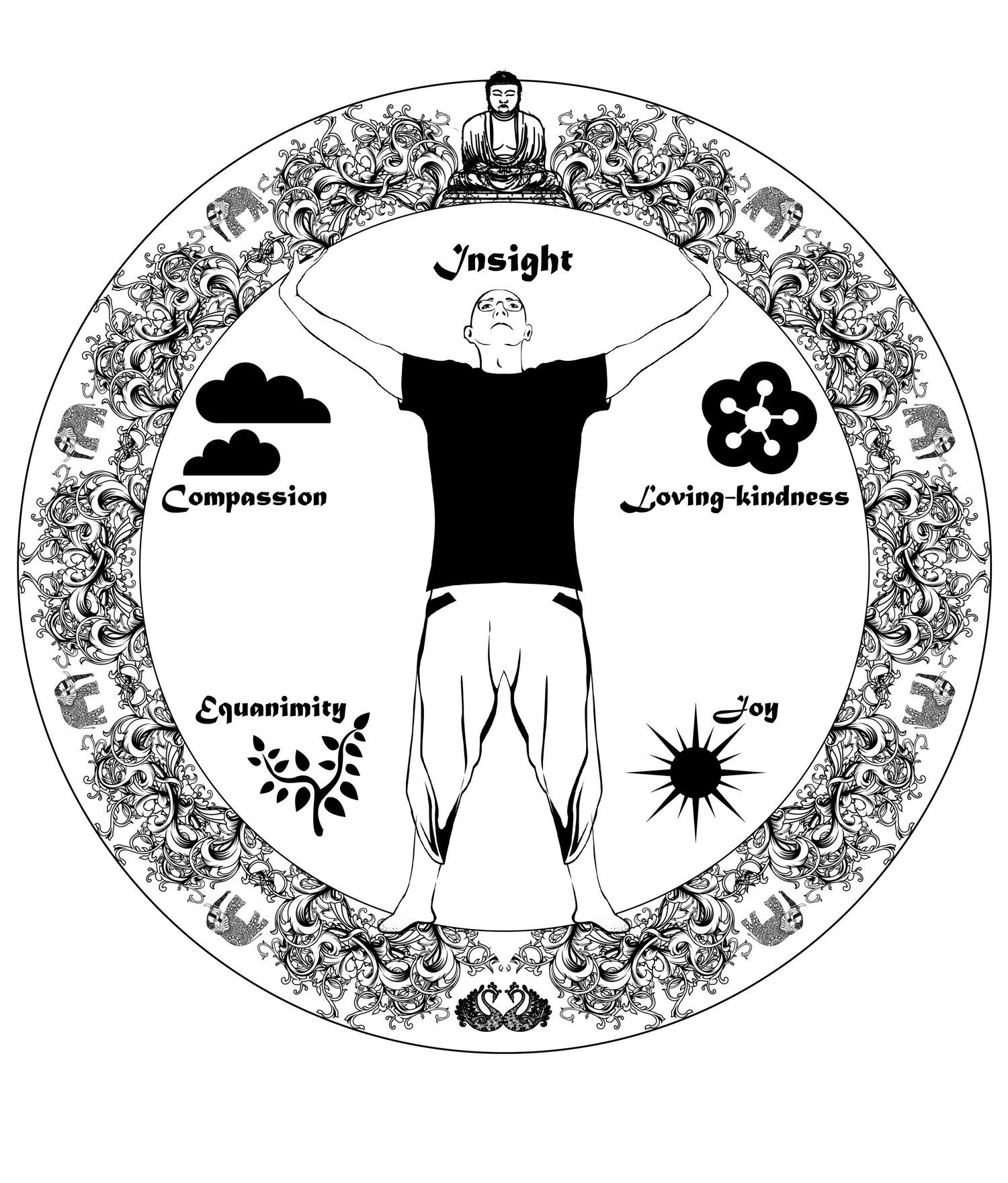Why Join a Retreat?
Meditation Retreats and programs are a traditional method of deepening a contemplative practice. All of the world’s contemplative traditions have some type of retreat, be it a spiritual journey across lands to a particular mecca, or sitting on a cushion and following the breath, the basic goal is the same: To deepen one's understanding of themselves through a spiritual practice
Is this retreat for me?
Our retreats are appropriate for people with all levels of experience. Beginners, intermediate, and advanced meditators are all welcome. If you are looking to incorporate mindfulness into your life, a retreat is a perfect place to begin, and a perfect place to strengthen a connection to a practice and community.
What to expect:
Retreat Sessions include a variety of guided meditations Q&A and interactive discussions with retreat participants
Retreats are offered with a secular voice and held within a trauma sensitive framework
Groups numbers are kept low, providing ample space and time for each participant (a maximum of 15 people per section)
One on one sessions are included - you can meet with Chris 1:1 at any time
Voluntary participation - sessions are recorded and shared privately with the group, so you can watch according to your own schedule. There is no need to attend the live sessions.
What does it cost ?
The fee for the courses are offered on a sliding scale, and there are scholarships and financial assistance available, and no one will be turned away for lack of funds.
The intention of the sliding scale is that those participants who have enough resources offer more, so that those who have less resources can still attend the program, and Chris can still eat. No one is ever turned away for lack of funds, so if you have the means, please feel free to take this opportunity to practice generosity. Thank you.
Please indicate in the message where on the scale you feel the most comfortable. You will then receive an invoice a few days later. Once the invoice is paid, you will be registered for the course. We are looking forward to practicing with you!
When do I need to enroll by?
Enrollments are closing soon and places are limited.
If you have any questions or would like to discuss the retreat, I welcome you to contact me via email or via my facebook page
Who is Christopher Luard?
Chris Luard has been practicing meditation for 40 years and has been successfully teaching meditation worldwide since 2009, giving talks, facilitating retreats, and have authored two books. Chris has received formal training in Zen, Mahamudra and Dzogchen, from the Mahayana (Japanese, Korean, and Tibetan) traditions, Vipassana and early buddhist studies from the Theravada traditions, and Vedanta from the Hindu traditions. In addition to this Chris has received formal instruction from the more modern traditions and modalities such as Secular Buddhism, MBSR, Insight, Buddhist Psychology, Trauma-Sensitive Mindfulness, Neuroplasticity, Non-Violent Communication, and Trauma Healing.


